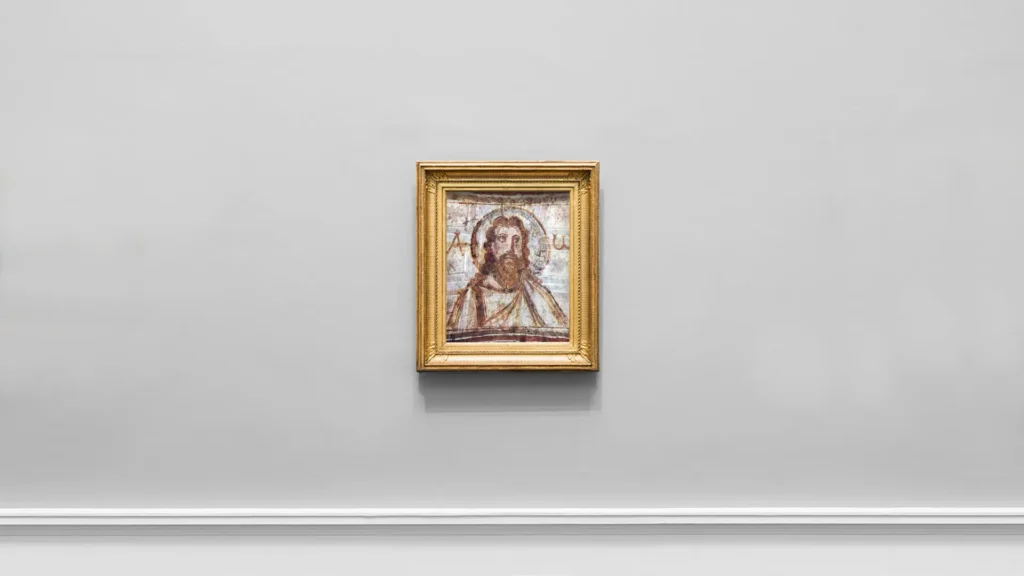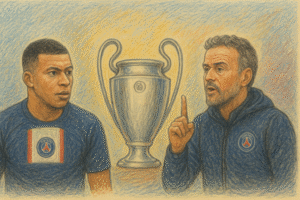The very wealthy English Baron Fitzgerald had only one child, a son, who understandably was the apple of his eye, the center of his affections, an only child, the focus of this little family’s attention.
The son grew up, but in his early teens his mother died, leaving him and his father. Fitzgerald grieved over the loss of his wife but devoted himself to fathering their son. In the passing of time, the son became very ill and died in his late teens. In the meantime, the Fitzgerald financial holdings greatly increased. The father had used much of his wealth to acquire art works of the “masters.”
And with the passing of more time, Fitzgerald himself became ill and died. Previous to his death he had carefully prepared his will with explicit instructions as to how his estate would be settled. He had directed that there would be an auction in which his entire collection of art would be sold. Because of the quantity and quality of the art works in his collection which was valued in the millions of English pounds, a huge crowd of prospective buyers gathered, expectantly. Among them were many museum curators and private collectors eager to bid.
The art works were displayed for viewing before the auction began. Among them was one painting which received little attention. It was of poor quality and done by an unknown local artist. It happened to be a portrait of Fitzgerald’s only son.
When the time came for the auction to begin, the auctioneer gaveled the crowd to attention and before the bidding began, the attorney read first from the will of Fitzgerald which instructed that the first painting to be auctioned was the painting of “my beloved son.”
The poor quality painting didn’t receive any bidders…except one! The only bidder was the old servant who had known the son and loved him and served him and for sentimental reasons offered the only bid. For less than an English pound he bought the painting.
The auctioneer stopped the bidding and asked the attorney to read again from the will. The crowd was hushed, it was quite unusual, and the attorney read from the Fitzgerald will: “Whoever buys the painting of my son gets all my art collection. The auction is over!”
Something similar happened with Jesus. They rejected Him because they did not like His preaching, His new way of life, etc. but because they did not accept Jesus they missed the glory that was behind Jesus. If we do not accept Jesus’ cross we cannot get Jesus’ glory.
This is why, we should accept our daily crosses if we want to reach the eternal glory of heaven. If we reject our daily crosses because we do not like them (like the bidders rejected the awful painting “my beloved son”) we will miss the glory that is behind the daily suffering, as St. Paul says: For this momentary light affliction is producing for us an eternal weight of glory beyond all comparison (2 Cor 4:17)





